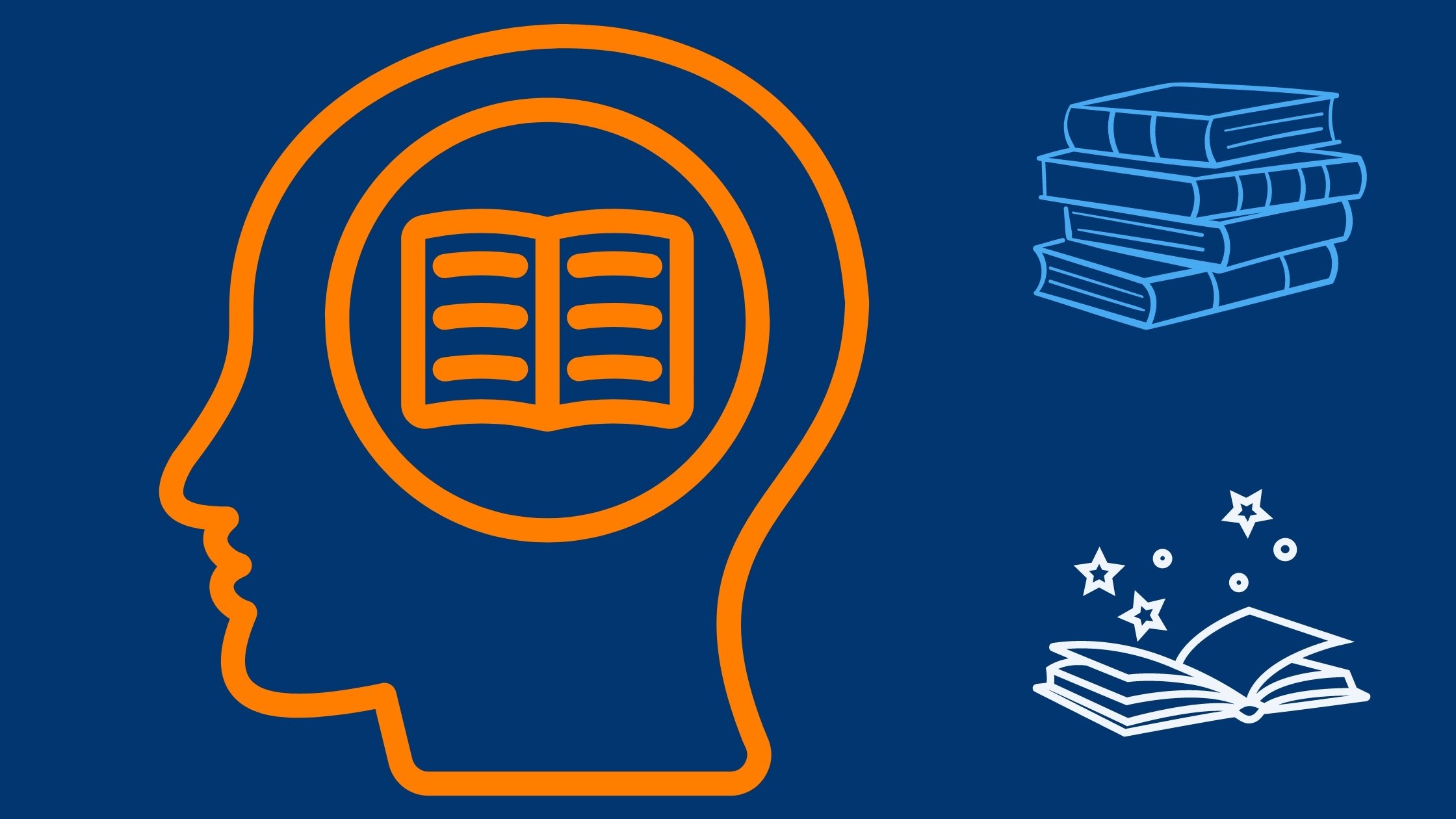At the end of the chapter “Start” in Effortless, McKeown says, “In recent years neuroscientists and psychologists have found that the ‘now’ we experience only lasts 2.5 seconds. This is our psychological present.” While I had some understanding of our present moment only being fleeting, I don’t think I had ever heard a specific amount of time tied to it before.
The Experiencing Self vs. the Remembering
Self
It was interesting to think back to the Experiencing Self vs. the Remembering Self that Kahneman introduced in Thinking Fast and Slow in the light of this 2.5 seconds as our psychological present.
- Experiencing Self: The one that answers the question, “Does it hurt now?”
- Remembering Self: The one that answers the question, “How was it, on the whole?”
Kahneman explains that “Confusing experience with the memory of it is a compelling cognitive illusion, and it is the substitution that makes us believe a past experience can be ruined.”
Making the Most of 2.5 Seconds
So, just 2.5 seconds, something that seems incredibly short to us, has an immense impact on how we experience the world. We can use those 2.5 seconds to make a positive change—use them to start writing a new blog post, open a book instead of turning on the TV, or put on shoes to go for a walk.
The flip side of the 2.5 seconds is what social media apps exploit. They know human psychology and understand that it only takes us 2.5 seconds to get into infinite scrolling and get lost down the rabbit hole of online posts.
Taking Back Your 2.5 Seconds
Take back your 2.5 seconds of your present moment and do something positive for you and your business—yes, like right now.
Ponder This
- How can you use your 2.5 seconds to make meaningful changes in your daily routine?
- What small actions can you take right now that will positively impact your productivity and well-being?
Share your thoughts and experiences in the comments below!
Books
- Effortless - Greg McKeown
- Thinking Fast and Slow - Daniel Kahneman


Comments